A Major Buzzkill: Why the Honey Industry Isn't Great for the Environment
Published June 29 2021, 12:24 p.m. ET
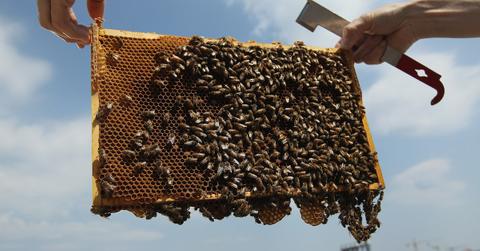
There is a common misconception that the honey we take from beehives is something of a surplus for the bees. The truth is, honey is made for bees by bees, to keep them fed in the winter or in difficult times. No matter how “all-natural” honey might seem, the process itself is exploitative. On top of that, the honey industry affects the environment in a number of incredibly negative ways. But why is “Big Honey” such an environmental issue, and how is it affecting local bee populations?
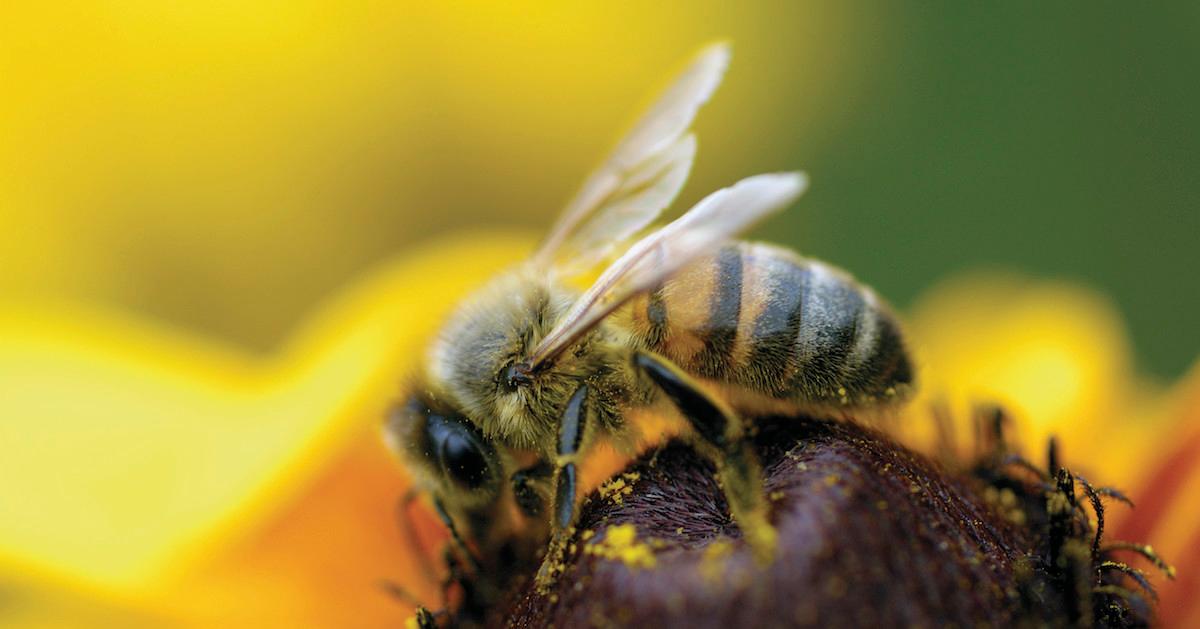
How the honey industry affects the environment
You know what they say — Big Honey makes big money. In fact, according to Statista, the U.S. honey industry is worth over $299.62 million. The downside of this widespread network of apiarists and apicultural corporations is that high densities of commercial honeybee colonies will invariably tend to supplant native bee populations.
According to Scientific American, this process has already begun to occur. Commercial honey operations, even small ones, put pressure on wild bee species that are already declining for other reasons. This is due, in part, to the fact that honeybees are considered extreme generalist foragers, meaning they often monopolize the floral resources of a given area. The result? There aren’t enough flowers to go around.
And while much of this is still speculative in the face of further testing, there has been at least some clear evidence of honeybees disruption when introduced into plant-pollinator ecosystems. This is both a good and bad thing. This research indicates that endangered, valuable pollinators like the honeybee are capable of thriving in almost any floral ecosystem in which they find themselves, but only at the cost of negatively impacting the inherent biodiversity of that area.
In a sense, honeybees can effectively become a sort of insect monoculture, pushing out any other pollinators that might otherwise have called an area home, even if those pollinators were, in fact, other bees.
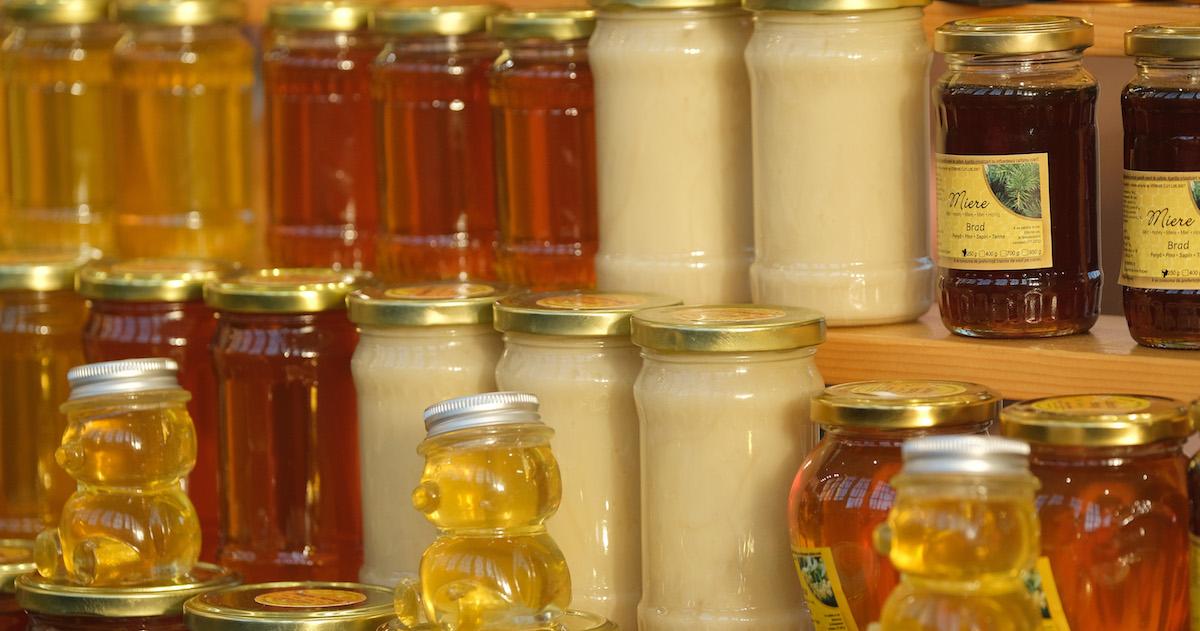
The honey industry’s lack of ethics affects native wildlife populations
In addition to being environmentally disruptive, honey production is just as unethical as most forms of animal husbandry. The aim of conventional beekeepers is obviously to maximize their honey yields to the greatest degree. This means that they need to keep the bees healthy, even as they take their food stores away. According to The Vegan Society, the food replacement that most beekeepers choose is a sugar substitute that lacks essential micronutrients the bees need to stay healthy.
The increased need for productivity also results in selective breeding practices that weaken the gene pool and make subsequent generations more susceptible to disease. This wouldn’t be too much of a problem, environmentally speaking, but those diseases can pass from captive bees to native populations, resulting in colony collapses across the board.
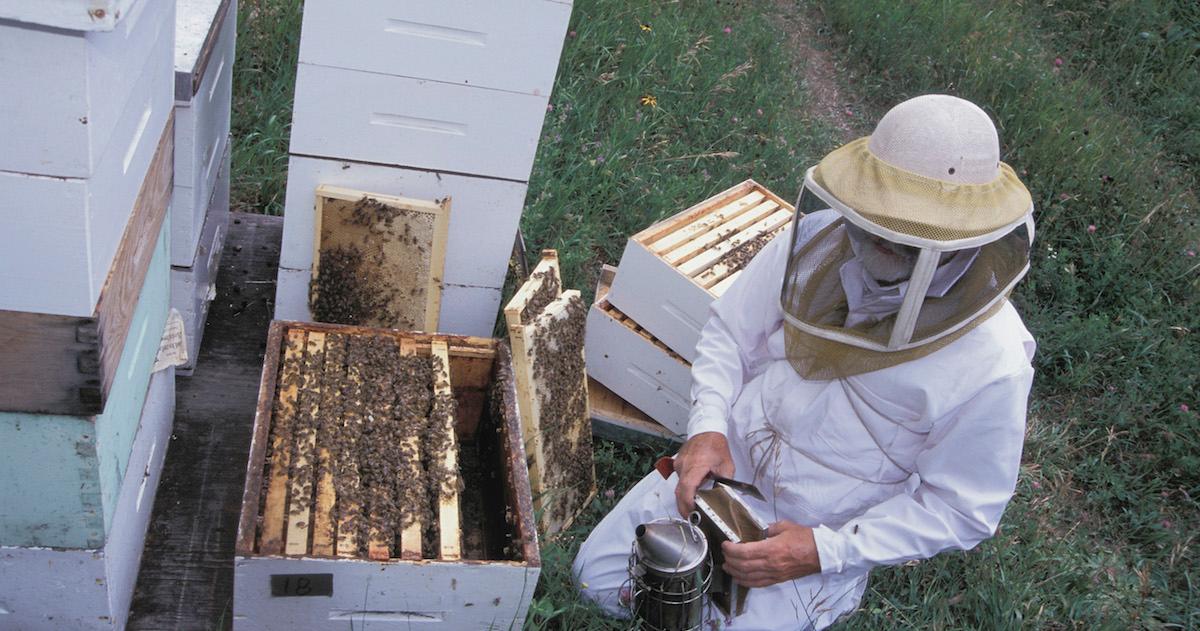
Local beekeepers aren’t much better
In addition to the commercial honey industry, there are also many small-scale beekeepers around the world. Many apiarists are almost as dedicated to the health and wellness of their bees as they are to creating and cultivating delicious, nutritious flavors of honey to sell at their local farmer’s market. But as bee-conscious as some of these folks might actually be, they too are problematic.
According to NPR, many conservation organizations promote local honey — but honeybees actually don’t really need that much help from beekeepers. Of all the thousands of bee species that play vital roles in our ecosystems, honeybees are the ones least likely to go extinct in the coming years, as per NPR.
The honeybees living in the U.S. today are just as much of an agricultural transplant animal as mustangs and feral pigs. And like those animals, these insects can drive local populations towards annihilation if not kept in check. Amateur apiarists might be good-natured and think they are helping an animal that is, in turn, helping them, but even a relatively small hive can breed competition amongst native species.
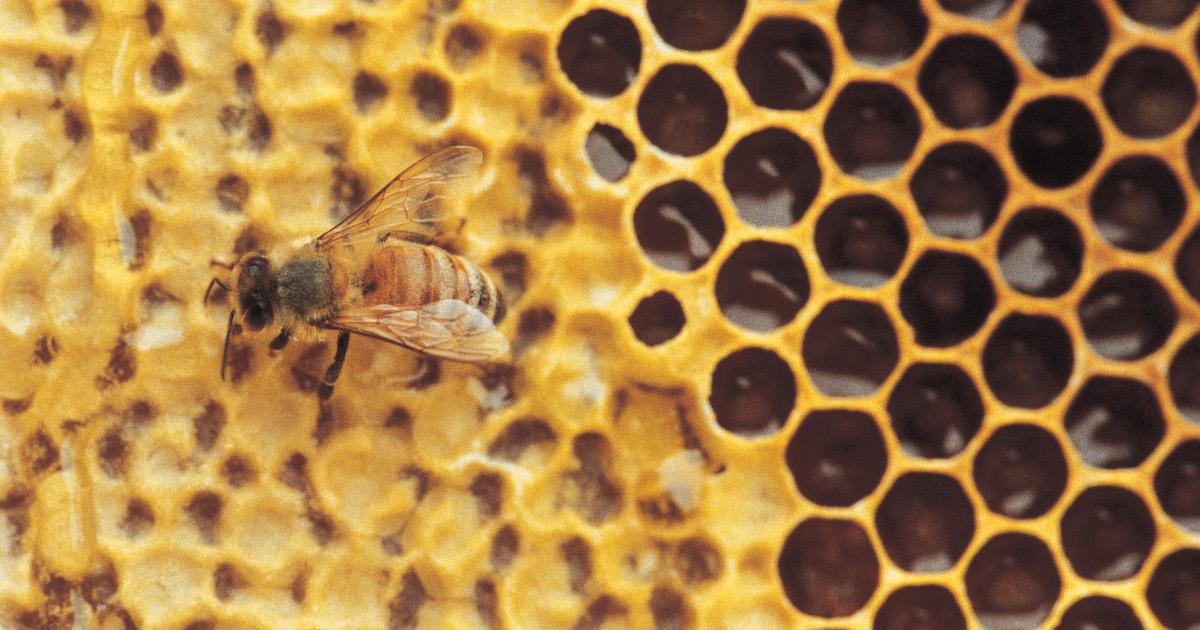
If left unchecked, honeybees could wind up being the only bees around. This would be a bad thing for everyone, as thousands of different plants could lose out on their usual pollinators. The bees, meanwhile, could likely wind up over pollinating for one particular plant or flower, resulting in an impromptu monoculture of devastating proportions. It sounds wild, but it’s more likely than you think.